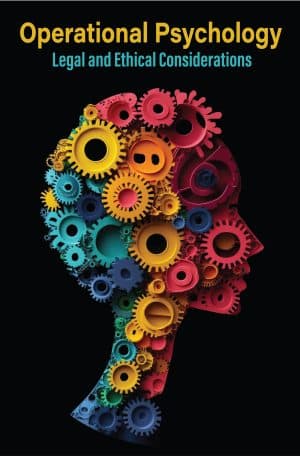Autism Spectrum Disorder: Evidence-Based Screening & Assessment
Lee A. Wilkinson, EdD, PhD, NCSP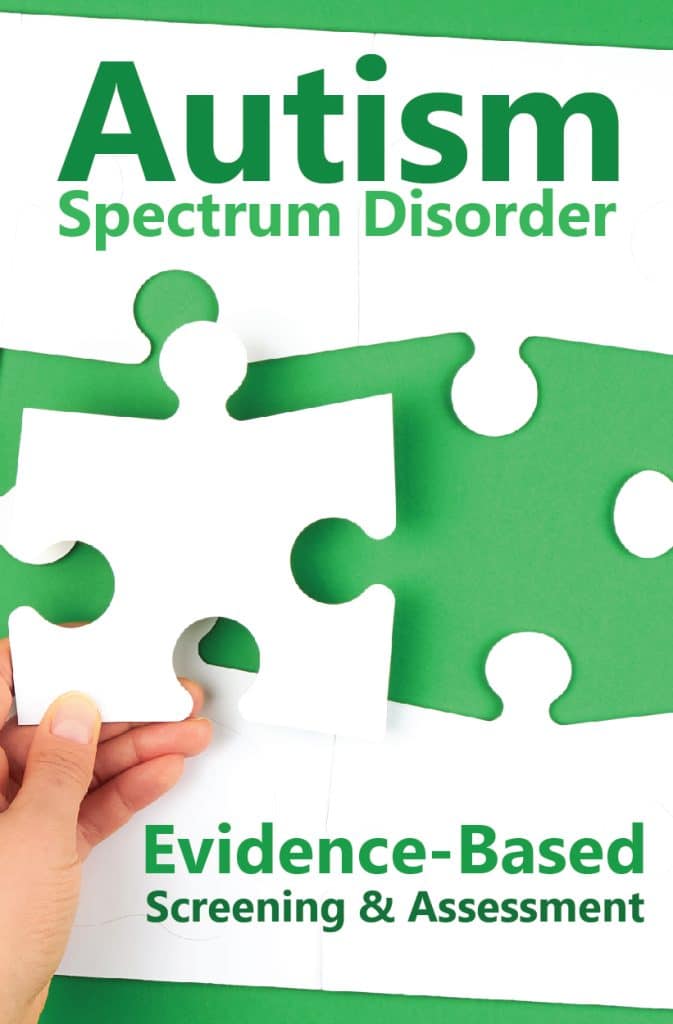
$39.00 Original price was: $39.00.$19.50Current price is: $19.50.
 Learning Level : Intermediate
Learning Level : Intermediate
 Online
Online
Course Abstract
Autism Spectrum Disorder: Evidence-Based Screening and Assessment is a 3-hour online continuing education (CE) course that summarizes proven approaches to screening, assessing and diagnosing ASD in children and young adults.
Epidemiological studies indicate a progressively rising prevalence trend in the number of individuals identified with autism spectrum disorder (ASD) over the past decade. Yet, compared with general population estimates, children, and youth with mild to moderate symptoms of ASD remain an under-identified and underserved population in our schools and communities.
The DSM-5 conceptualizations of autism require professionals in clinical, school, and private practice settings to update their knowledge about the spectrum. In addition, professionals should be prepared to recognize the presence of risk factors and/or early warning signs of ASD and be familiar with screening and assessment tools in order to ensure that individuals with ASD are being identified and provided with the appropriate programs and services.
The objectives of this course are to identify DSM-5 diagnostic changes in the ASD diagnostic criteria, summarize the empirically-based screening and assessment methodology in ASD, and describe a comprehensive developmental approach for assessing children, adolescents, and young adults with ASD.
This course adapted with permission from Wilkinson, L. A. (2017). A Best Practice Guide to Assessment and Intervention for Autism Spectrum Disorder in Schools, Second Edition. London & Philadelphia: Jessica Kingsley Publishers Ltd.
Course #31-25 | 2020 | 55 pages | 20 posttest questions
Learning Objectives
- Identify the changes in the DSM-5 criteria for ASD
- Distinguish between IDEA classification schemes and DSM diagnosis
- Identify the three levels of a multi-tier assessment strategy to screen for ASD
- List the components of a comprehensive developmental assessment for ASD
- Name co-occurring conditions commonly found in ASD
- Name key components of programs and services for ASD
Course Directions
This online course provides instant access to the course materials (PDF download) and CE test. The course is text-based (reading) and the CE test is open-book (you can print the test to mark your answers on it while reading the course document).
Successful completion of this course involves passing an online test (80% required, 3 chances to take) and we ask that you also complete a brief course evaluation.
About the Author(s)
Lee A. Wilkinson, EdD, PhD, NCSP : Find out More
Lee A. Wilkinson, PhD, is a nationally certified and licensed school psychologist, registered psychologist, and certified cognitive-behavioral therapist. He provides consultation services and best practice guidance to school systems, agencies, advocacy groups, and professionals on a wide variety of topics related to children and youth with autism spectrum disorder. He is also a university educator and school psychology trainer. Dr. Wilkinson is author of the award-winning books, A Best Practice Guide to Assessment and Intervention for Autism and Asperger Syndrome in Schools and Overcoming Anxiety and Depression on the Autism Spectrum: A Self-Help Guide Using CBT. Dr. Wilkinson is also the editor of a text in the American Psychological Association (APA) School Psychology Book series, Autism Spectrum Disorder in Children and Adolescents: Evidence-Based Assessment and Intervention in Schools. His latest book is A Best Practice Guide to Assessment and Intervention for Autism Spectrum Disorder in Schools, (2nd Edition).
Disclosure
Financial: Dr. Wilkinson is the author of “A Best Practice Guide to Assessment and Intervention for Autism and Asperger Syndrome in Schools” and receives royalty payments from Jessica Kingsley Publishers. Dr. Wilkinson receives royalty payments from Professional Development Resources on the sales of this course.
Non-Financial: Dr. Wilkinson has no relevant non-financial relationship to disclose.
CE Information
Counseling
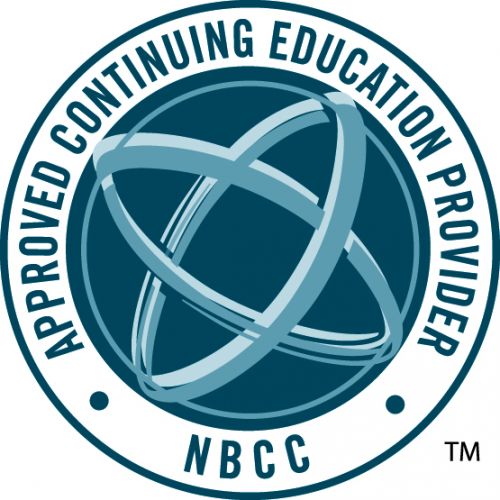
Professional Development Resources (PDR) has been approved by the National Board for Certified Counselors (NBCC) as an Approved Continuing Education Provider, ACEP No. 5590. Programs that do not qualify for NBCC credit are clearly identified. PDR is solely responsible for all aspects of the programs.
Professional Development Resources is CE Broker compliant (#50-1635 - all courses are reported within two business days of completion). Professional Development Resources, Inc. is recognized by the New York State Education Department’s State Board for Mental Health Practitioners as an approved provider of continuing education for licensed mental health counselors (#MHC-0135 - Note: New York counselors will receive 3 continuing education credits for completing this self-study course).
Marriage and Family Therapy
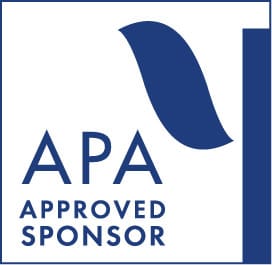
Professional Development Resources is approved by the American Psychological Association (APA) to sponsor continuing education for psychologists. Professional Development Resources maintains responsibility for this program and its content. Professional Development Resources is also approved by the National Board of Certified Counselors (NBCC ACEP #5590); the Association of Social Work Boards (ASWB #1046, ACE Program); the New York State Education Department's State Board for Mental Health Practitioners as an approved provider of continuing education for licensed marriage and family therapists (#MFT-0100 - Note: New York MFTs will receive 3 continuing education credit(s) for completing this self-study course); the Texas Board of Examiners of Marriage and Family Therapists (#114); and is CE Broker compliant (#50-1635 - all courses are reported within two business days of completion).
Psychology

Professional Development Resources is approved by the American Psychological Association (APA) to sponsor continuing education for psychologists. Professional Development Resources maintains responsibility for this program and its content.
Professional Development Resources is CE Broker compliant (#50-1635 - all courses are reported within two business days of completion). Professional Development Resources, Inc. is recognized by the New York State Education Department’s State Board for Psychology as an approved provider of continuing education for licensed psychologists (#PSY-0145).
School Psychology

Professional Development Resources is approved by the American Psychological Association (APA) to sponsor continuing education for psychologists. Professional Development Resources maintains responsibility for this program and its content.
Professional Development Resources is CE Broker compliant (#50-1635 - all courses are reported within two business days of completion). Professional Development Resources, Inc. is recognized by the New York State Education Department’s State Board for Psychology as an approved provider of continuing education for licensed psychologists (#PSY-0145).
Social Work
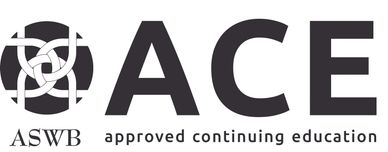
Professional Development Resources, #1046, is approved as an ACE provider to offer social work continuing education by the Association of Social Work Boards (ASWB) Approved Continuing Education (ACE) program. Regulatory boards are the final authority on courses accepted for continuing education credit. ACE provider approval period: 6/12/2025 - 6/12/2028. Social workers completing this course receive 3 clinical continuing education credits. ACE format: Reading-based asynchronous distance learning.
Professional Development Resources is CE Broker compliant (#50-1635 - all courses are reported within two business days of completion). Professional Development Resources, Inc. is recognized by the New York State Education Department's State Board for Social Work as an approved provider of continuing education for licensed social workers (#SW-0664 - Note: New York social workers will receive 3 continuing education credit(s) for completing this self-study course). Professional Development Resources is also approved by the Texas State Board of Social Worker Examiners (#5678).
Teaching
Professional Development Resources is approved by the American Psychological Association (APA) to sponsor continuing education for psychologists. Professional Development Resources maintains responsibility for all programs and content. Professional Development Resources is also approved by the National Board of Certified Counselors (NBCC ACEP #5590); the Association of Social Work Boards (ASWB Provider #1046, ACE Program); the Continuing Education Board of the American Speech-Language-Hearing Association (ASHA Provider #AAUM); the American Occupational Therapy Association (AOTA Provider #3159); the Commission on Dietetic Registration (CDR Prior Approval Program); the New York State Education Department’s State Board for Psychology as an approved provider of continuing education for licensed psychologists (#PSY-0145), State Board for Mental Health Practitioners as an approved provider of continuing education for licensed mental health counselors (#MHC-0135) and marriage and family therapists (#MFT-0100), and the State Board for Social Workers as an approved provider of continuing education for licensed social workers (#SW-0664); the Texas Board of Examiners of Marriage and Family Therapists (#114) and State Board of Social Worker Examiners (#5678); and is CE Broker compliant (#50-1635 - all courses are reported within two business days of completion).
Customer Testimonials
It was very thorough and I especially appreciated the "Important Points to Remember". They were a great recap. The glossary of terms was a nice touch and the worksheet at the end is a gem
This was a well organized, comprehensive, and readable course. It did not get bogged down in opinion or unnecessary explanation. It stayed objective and clear. I'll likely refer to this piece again!
Great information and summary of ASD!
Loved the tables and easy to reference information.
Excellent course. The Glossary of Terms will be an invaluable tool, along the the Assessment Worksheet.
More Testimonials
Very comprehensive and very informative!
Great presentation, very helpful!
Great course with in-depth, practice oriented material.
A very detailed and useful presentation on the intricacies of assessing and addressing the mitigation of ASD. Very comprehensive explanation of the screening/assessment tools.
Thanks again, PDR for offering such a variety of informative courses for SLPs (as well as other healthcare professionals)!
I found this course to be informative and a good source of resources for more in depth research on the topic.
GREAT COURSE! I NEED TO REVIEW THE NEW DSM! GREAT INFORMATION!
This was not an area of expertise and was a useful overview.
Very worthwhile. Provided an expansive and highly useful overview.
The tables, along with the descriptions/review of the most prominent evidence-based assessment opportunities, were most helpful! I also learned much in terms of the changes in the DSM-V and how this also differs from the IDEA qualifications. VERY helpful and well done!
Thank you for making such an informative course also affordable!
Wonderful integration of charts and test measures, as well as the discussion on specificity.
I’m now working with children in preschool diagnosed with ASD, and the information I attained today would definitely assist me in continuing continue to work with my students. Information was significantly needed to successfully continue understanding how to plan and provide treatments. I highly recommend this course.
Well-written information. Organized nicely so that if I need to go back and look for specific information, it will be easy to find!
This was a very useful and comprehensive overview of current practices in clinical and educational assessment and intervention planning.
I appreciated the clarity and usefulness of this course. I will keep the print-outs handy, as I know I will be referring to them in my job as an SLP.
The further reading suggestion list was extensive and very helpful. The course was excellent.
Good content, comprehensive - provided some nice checklists to use to organize an approach to an assessment.
- ADHD
- Adults
- Alternative Medicine
- Alzheimers & Aging
- Animal-Assisted Therapy
- Autism
- Behavior Therapy
- Child & Adolescent
- Closeout
- Communication
- Couples-Family-Parenting
- Cultural Diversity
- Depression & Anxiety
- Domestic Violence
- Ethics & Risk Management
- Gender Identity
- HIV-AIDS
- Human Trafficking
- Laws & Rules
- Medical Errors
- Mindfulness & Yoga
- National Psychologist
- Nutrition & Fitness
- Psychotherapy
- Sexuality
- Substance Abuse
- Suicide
- Supervision
- Trauma & PTSD
Related products

Nutrition Therapy for Autism Spectrum Disorder (ASD)
 Learning Level : Intermediate
Learning Level : Intermediate
 Online
Online
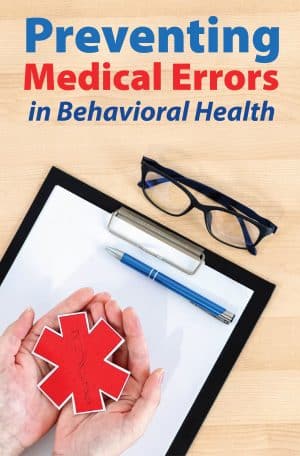
Preventing Medical Errors in Behavioral Health
 Learning Level : Intermediate
Learning Level : Intermediate
 Online
Online


